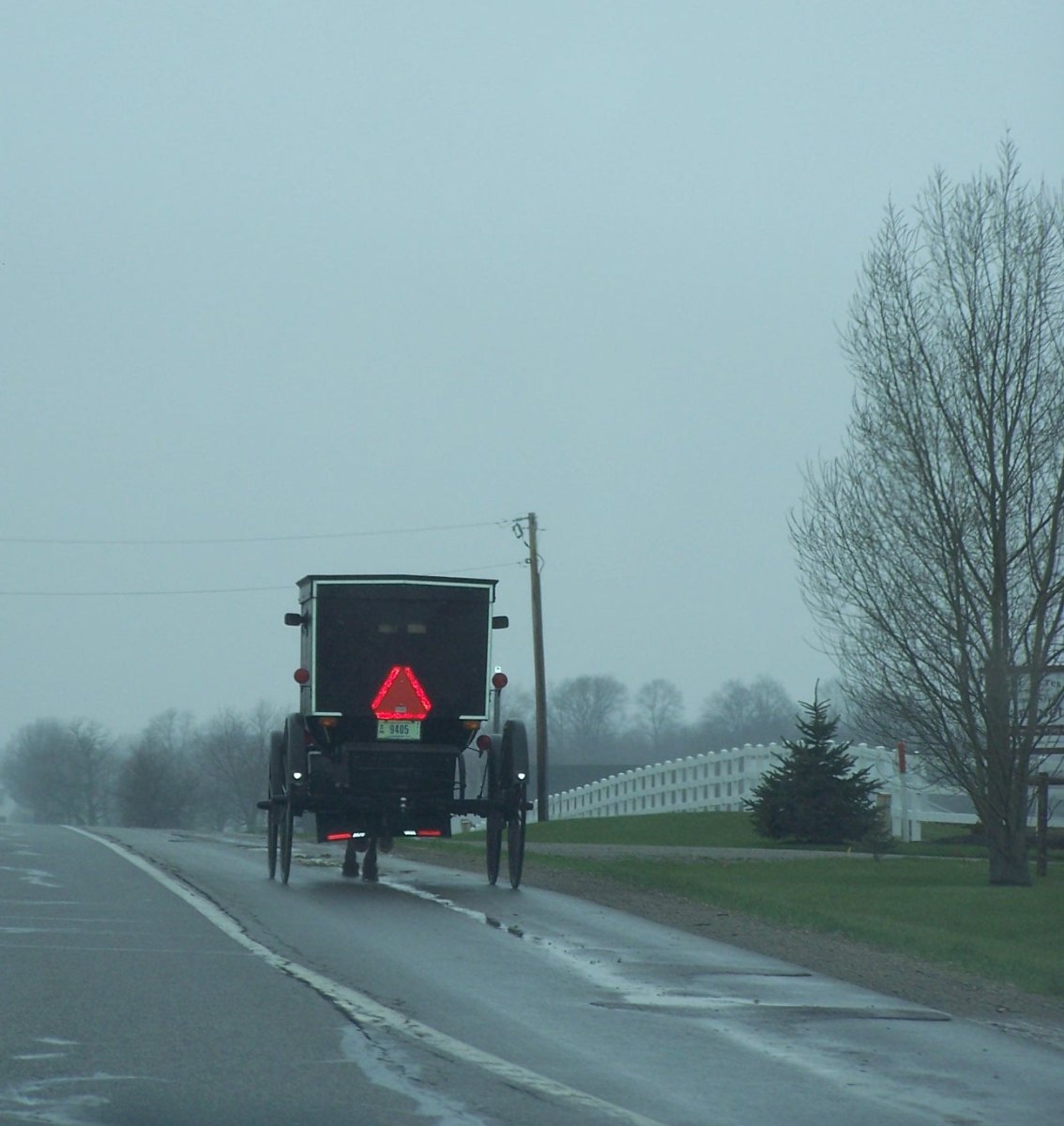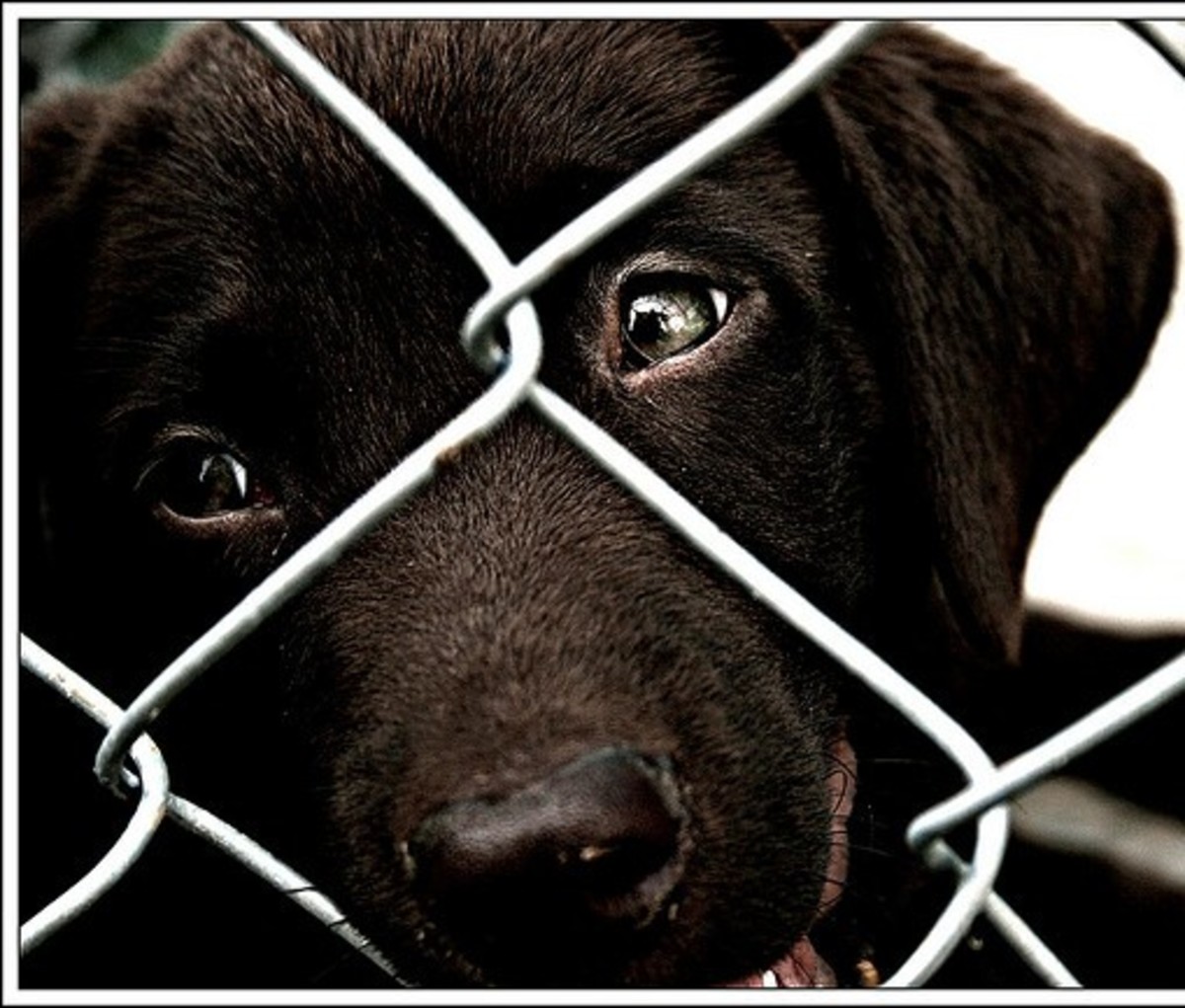Puppy Mills - Life Behind Bars
What is a Puppy Mill?
The process of mass breeding of domestic animals in a controlled environment, otherwise known as "Puppy Mills," has been a fairly common practice in the U.S. since about the 1960’s. Breeders needed to produce many pure-bred and cross-bred dogs quickly to meet the growing demand in the prosperous economic times of the mid-20th century.
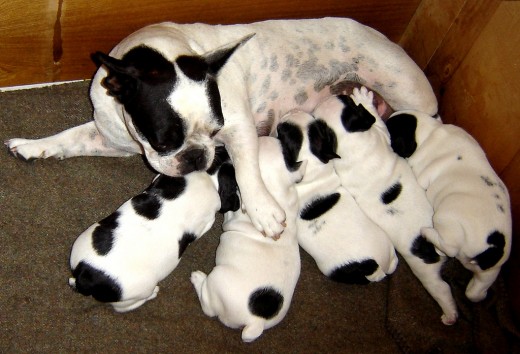
The parent dogs are chosen and matched up by the breeders, and often matched up multiple times for several litters. During pregnancy, the mother usually is given a fairly comfortable environment during her pregnancy even in less reputable puppy mills, as breeders often do want to protect their investments.
During the birthing process, however, the puppies may come into this world in whatever sort of environment the breeders deem acceptable - sometimes the conditions are as pristine as a hospital room, other times, the conditions are deplorable.
Don't Be Fooled - Puppy Mills Exposed
The mothers are often bred in such a way that they give birth to litters as quickly as they were physically able to, which can often take a toll on the mother emotionally, as well as physically. Females used for breeding have a much lower life expectancy than non-breeder females in almost all breeds. Shortly after they are born, the puppies are then often sold to pet stores and distributors as opposed to individuals.This was often due to the fact that the 'retailers' could sell them for a higher price in stores than the breeders could ever do on their o. Selling the puppies in such large quantities also keeps their prices down for potential buyers, so many people continued to support the mills without intending to.
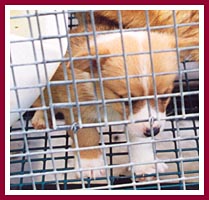
Life Behind Bars
Conditions of these puppy mills are usually appalling. Newborn puppies and the breeding parents are locked in cages for hours, or even days. The canines are usually kept outdoors, in all sorts of weather and unsanitary conditions, usually with inadequate food or veterinary care. The puppies are usually given minimal human interaction, largely because there are often too many animals for all needs to be met adequately.
When the canines from the puppy mills are raised in such conditions, it is apparent why they react in such an antisocial manner once they are adopted. To examine this case in another light, one could use the example of human children. Child psychologists have written tomes about the dangers of punishing bad behavior while never or infrequently rewarding the good. A parent may dole out a punishment or ‘time-out’ when their child breaks a rule, but disregard the youngster when they overcome a challenge or succeed at something.
Children lose the desire to act positively since there is no apparent reason to do so, but are aware that doing what they know is wrong will result in a punishment. This leaves the children puppies, feeling confused, aggressive, and often in a position to lash out at friends and foes alike - and the same behavior has been found in young animals who are conditioned in the same manner. However, in the case of the puppies, there is often little or no help available once the damage has been done.
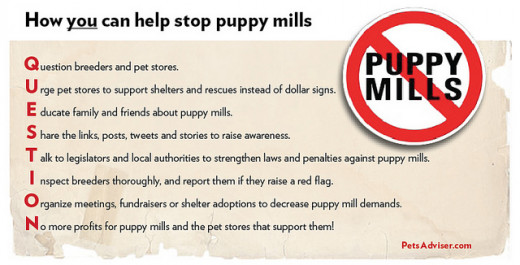
Put A Short Leash on Puppy Mills
There is little time or available workers to play with the dogs, teach them commands, or encourage any kind of positive social behavior. There is also usually no reward system for good behavior, only apathy or punishment for unwanted behavior. The animals may become distressed or antisocial with their own species or others. As a result, they can be aggressive or reserved. In many instances, the people who buy the dogs or puppies are unhappy when they find that their new pets are not the friendly or energetic companions they desired. Because they have never interacted in a friendly social manner with humans, the pets simply do not know how.
In majority of these cases, the pets are returned to the mills or pet distributors, where they receive a bad reputation as an aggressive or violent animal - and this can often be a death sentence for the canines. Violent or aggressive animals are often euthanized. The breeder dogs, as well, often meet an unfortunate end; when they are no longer fertile, the parent dogs are often killed or simply abandoned.
Be Advised - This Video May be Hard To Watch
- Puppy mills will breed a female dog every time she is in heat. For instance, a 5 year old dog could have given birth to 10 litters of puppies.
- Puppies in mills are found with bleeding or swollen paws, feet falling through the wire cages, severe tooth decay, ear infections, dehydration, and lesions on their eyes, which often lead to blindness.
- Every year, retail pet stores across America sell 500,000 dogs, while 5 to 7 million dogs enter shelters.
- Only 26 states in the U.S. have laws to regulate commercial kennels to prevent animal abuse and cruelty.
There are many things that the average person can do to prevent this unethical treatment of animals. Letter-writing campaigns and protest of mills have received fantastic results in recent years, and have caused many illegal or unprofessional breeders to be shut down. Animal rights groups such as the Humane Society have also taken up the cause, encouraging people to buy from shelters rather than supporting puppy mills. Many politicians have even jumped on the cause, pushing new legislation regarding the conditions and needs that a safe breeder should abide by. The best way to help is to tell people and to increase public awareness about the issue. By encouraging potential pet owners to thoroughly research where their companion may come from, anyone can help to end the cruel cycle of puppy mills and their devastating impact on man's best friend.
DON'T SHOP - ADOPT! =)


